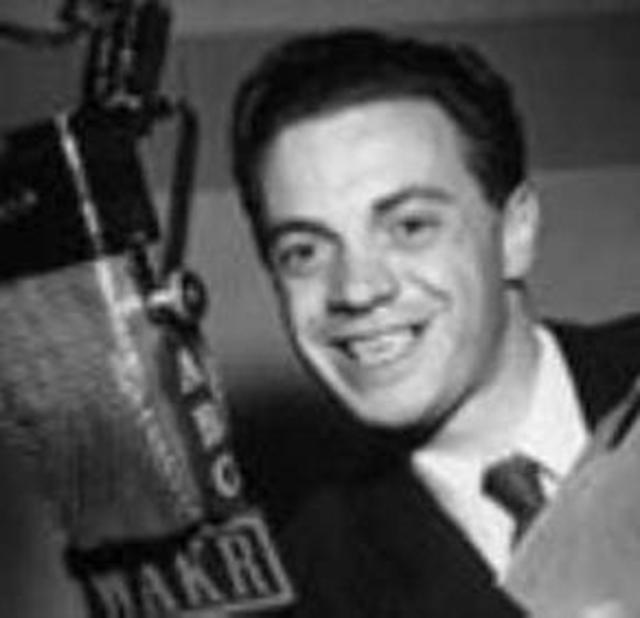Alan Freed

Inductee: Alan Freed; born December 15, 1921, died January 20, 1965Disk jockey Alan Freed is widely credited with coining the term "rock and roll" to describe the uptempo black R&B records he played as early as 1951 on Cleveland radio station WJW. In addition, in 1952, Freed was one of the people who put together the Moondog Coronation Ball, a Cleveland concert that is now considered the first-ever rock and roll concert.Alan Freed was born on December 21, 1921, in Windber, Pennsylvania. When he was 12, his family moved to Salem, Ohio. After attending Ohio State University for a while and serving a brief stint in the Army, Freed studied broadcasting at a school in Youngstown, Ohio. In 1945, he landed a job as a news and sports announcer on WAKR in Akron. By 1950, he had moved to WJW-AM radio in Cleveland.At one point, when he was at Record Rendezvous, Cleveland's largest record store, he was taken aback by the large number of white teenagers who were buying R&B records, or what were then called "race records." At the suggestion of Leo Mintz, the owner of the store, Freed began programming the music on a late-night show on WJW called the "Moondog Rock 'n' Roll Party." He was the first white deejay on the North Coast to play these rhythm & blues records.A tireless and enthusiastic advocate of the music he played, Freed kept time to his favorite records by beating his hands on a phone book. The show became extremely popular, and given its success, and the ever-increasing sales of R&B records, he and Mintz decided this music needed a new name. Freed began calling it rock and roll because "it seemed to suggest the rolling, surging beat of the music." The term was not new – it had been used to describe sex for a while – but Freed was the first person to call this new music by that name, and he was the first radio deejay to use the term.The following year, Freed, Mintz and promoter Lew Platt decided to try and produce a concert with these newly popular acts. Held on March 21, 1952, at the Cleveland Arena, an indoor sports venue, the Moondog Coronation Ball is believed to be the nation's first-ever rock and roll concert. It featured the Dominoes, Paul Williams and the Hucklebuckers, Tiny Grimes and the Rocking Highlanders, Danny Cobb, Varetta Dillard and other artists. The concert drew some 25,000 fans to the arena, which had a capacity of only 10,000. Freed continued promoting rock and roll shows in the area, including the Moondog Maytime Ball and a Sunday Teenagers' Matinee, both held at the arena. After conquering Cleveland, Freed took his show to WINS New York in August 1954. His WINS show was syndicated, so it could be heard in most major U.S. cities. Billboard magazine called Freed "the undisputed king of radio programming." During 1956 and 1957, Freed was featured in four movies: Rock Around the Clock, with Bill Haley and the Comets; Don't Knock the Rock, with Little Richard and Haley; Rock, Rock, Rock, with Chuck Berry, and Mr. Rock and Roll. While in New York, Freed also continued to spread the gospel of rock and roll via TV and the celebrated all-star shows he promoted at Brooklyn's Paramount Theater. Those stage shows remain the essential rock and roll revues of the era.Later, the tangled favors of this period would come back to haunt Freed. Payola – a then-popular practice that involved record companies and distributors paying deejays to play certain records – had begun prompting many investigations. Freed was accused of having taken such payments, a charge that he denied. Amid the atmosphere of a witch hunt, Freed steadfastly maintained that he never played a record he didn't like. Nonetheless, he was blackballed within the business. He died a broken man on January 20, 1965, at the age of 43. The cause of death was complications from a damaged liver.